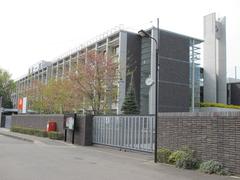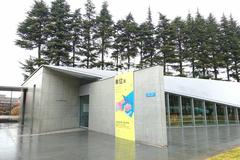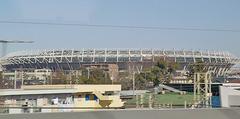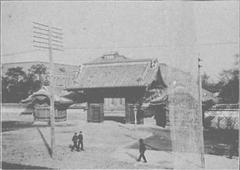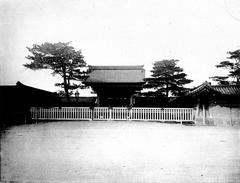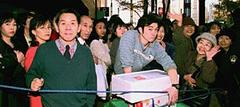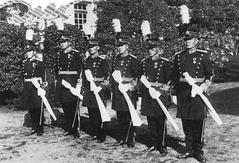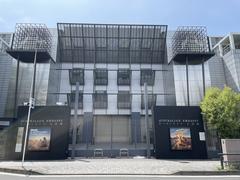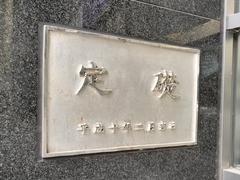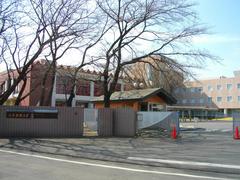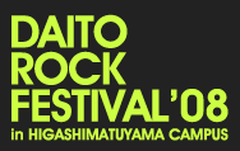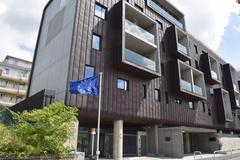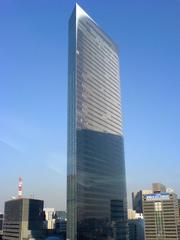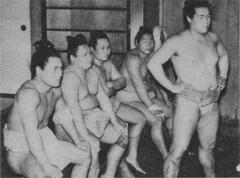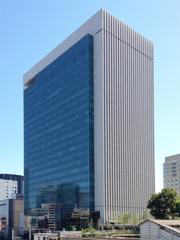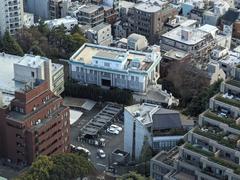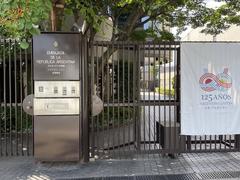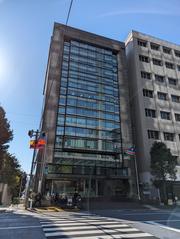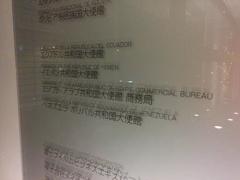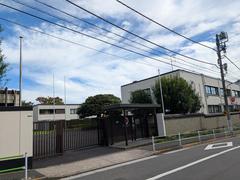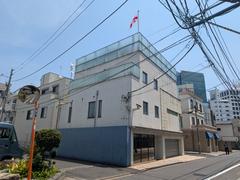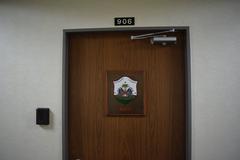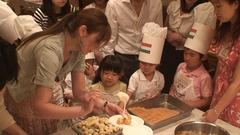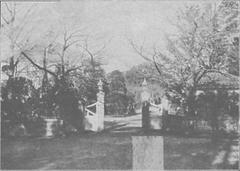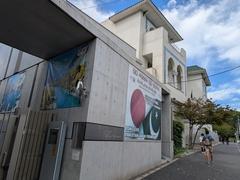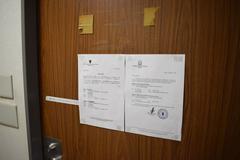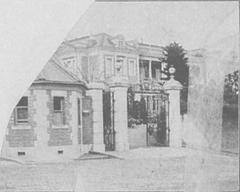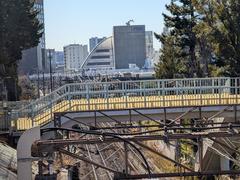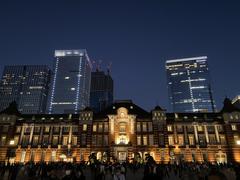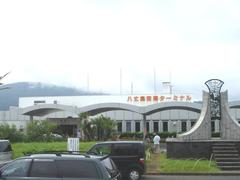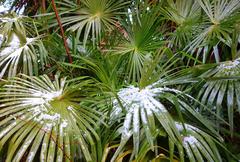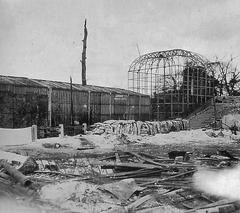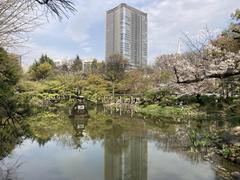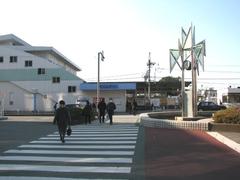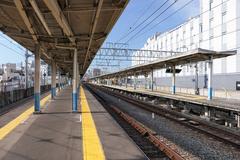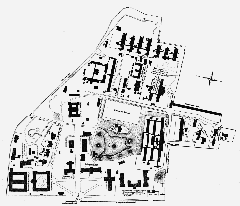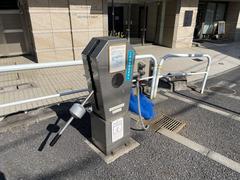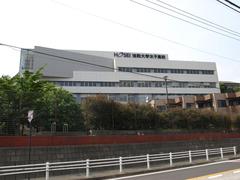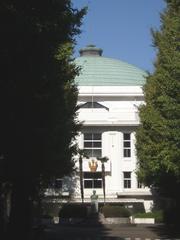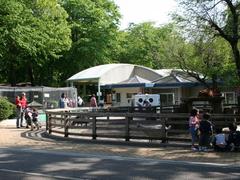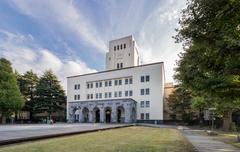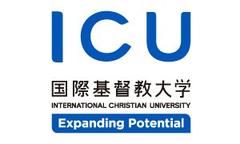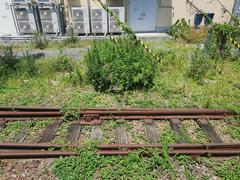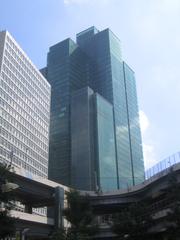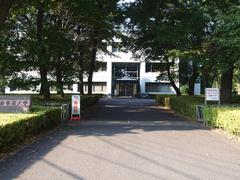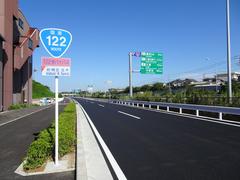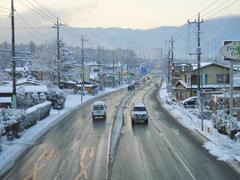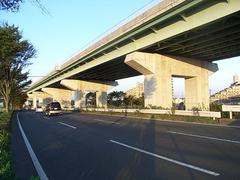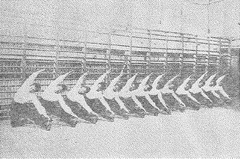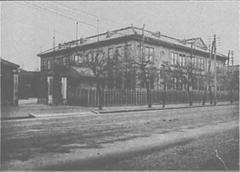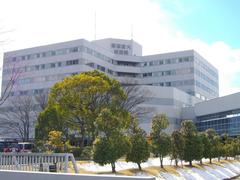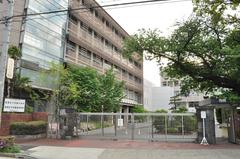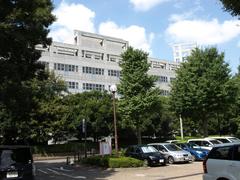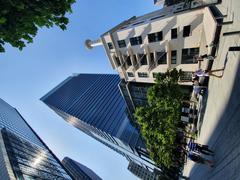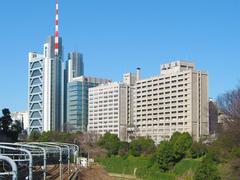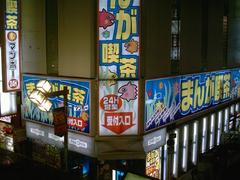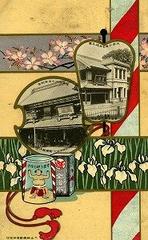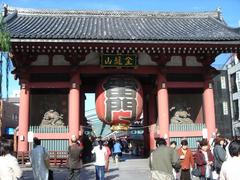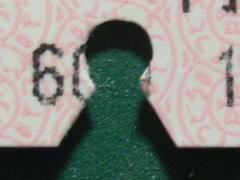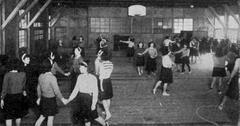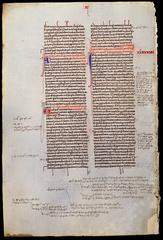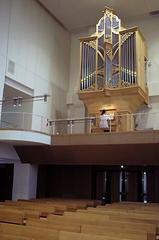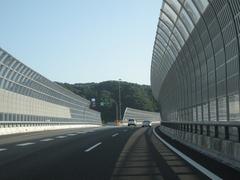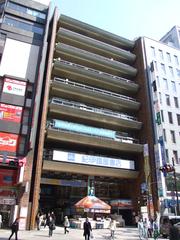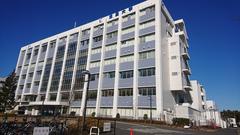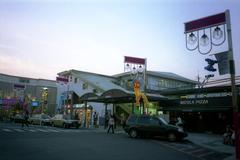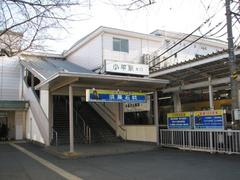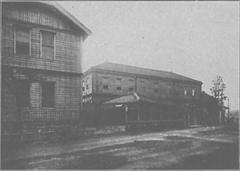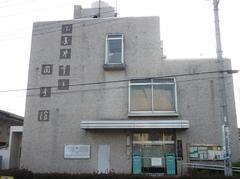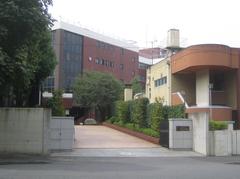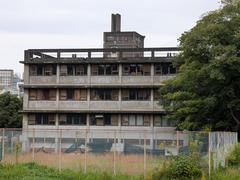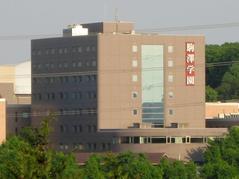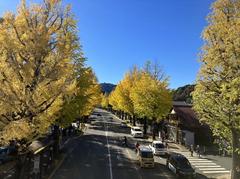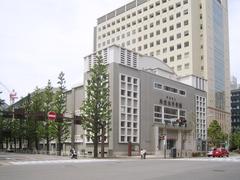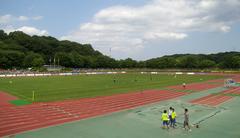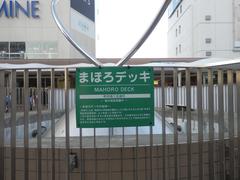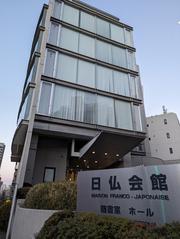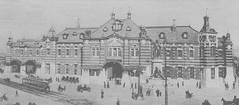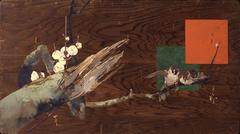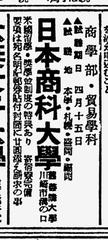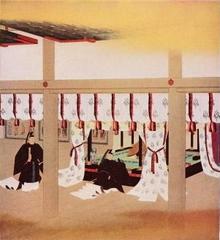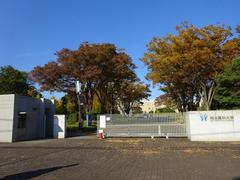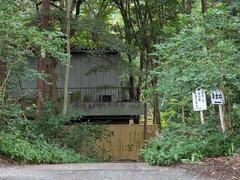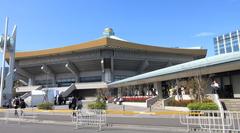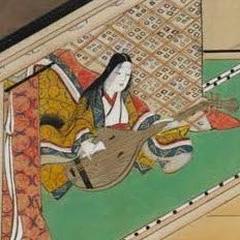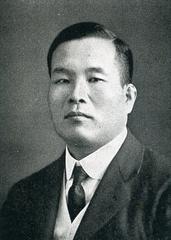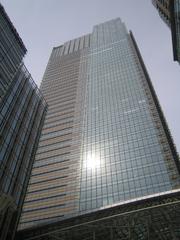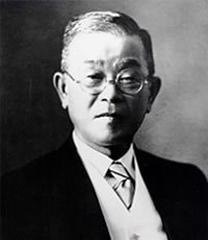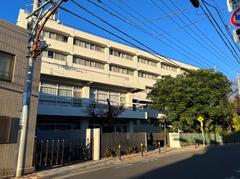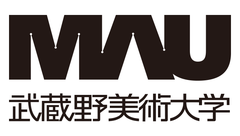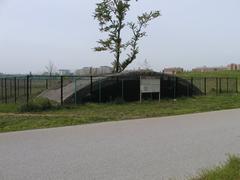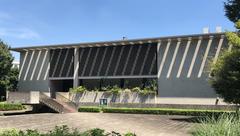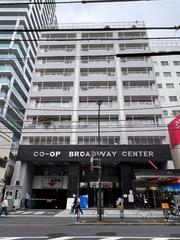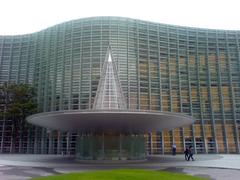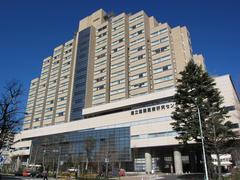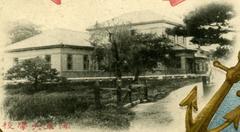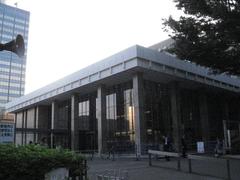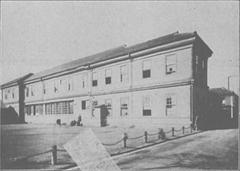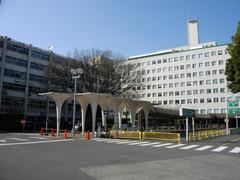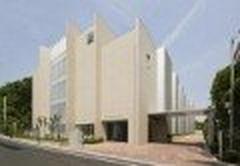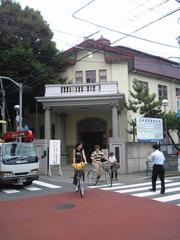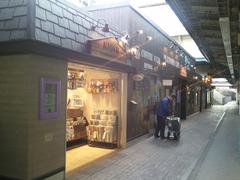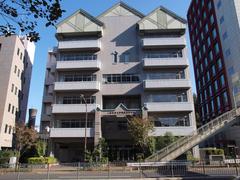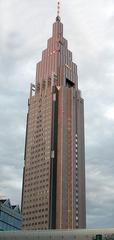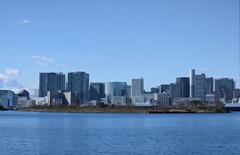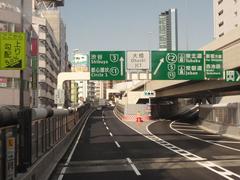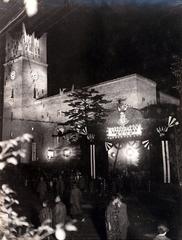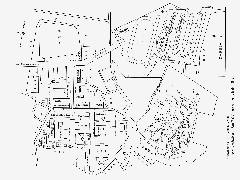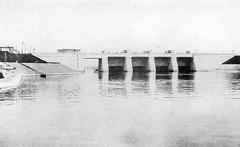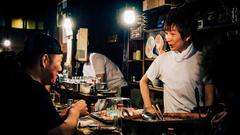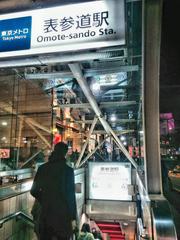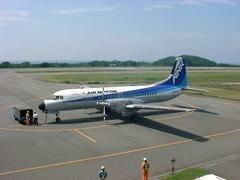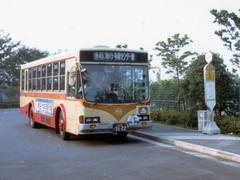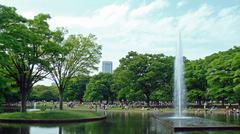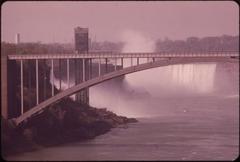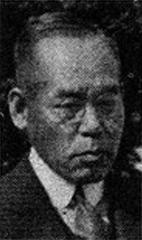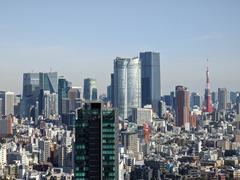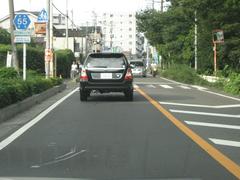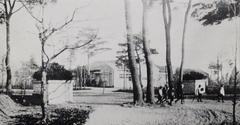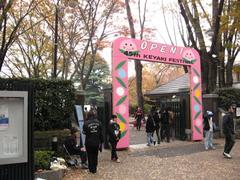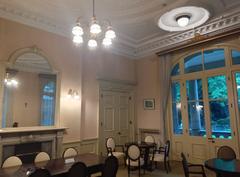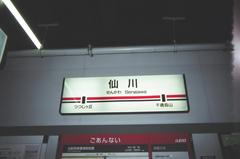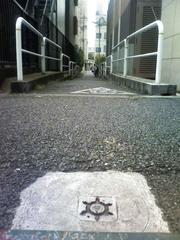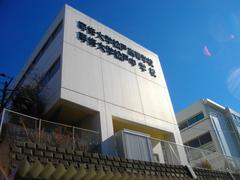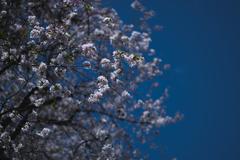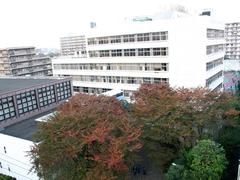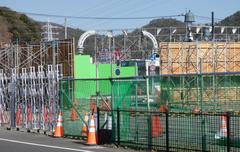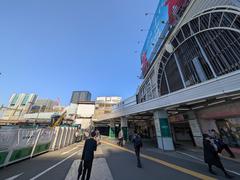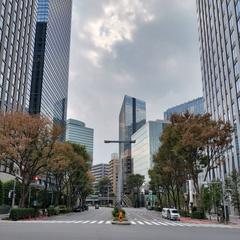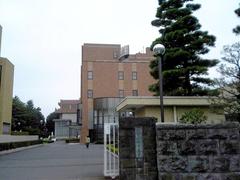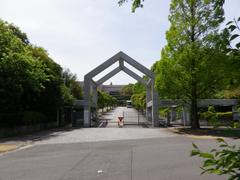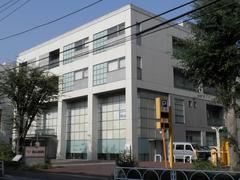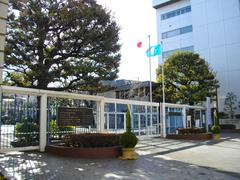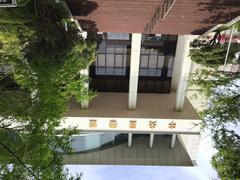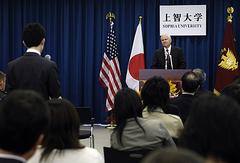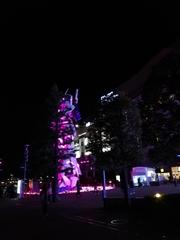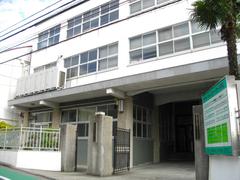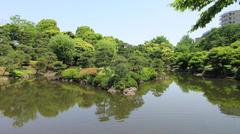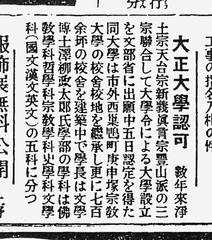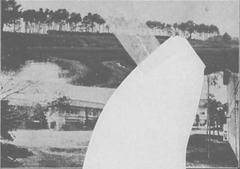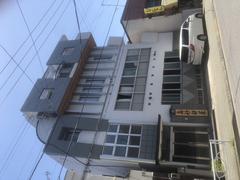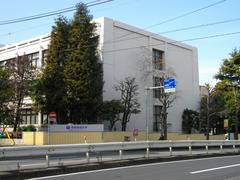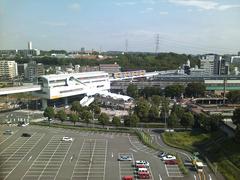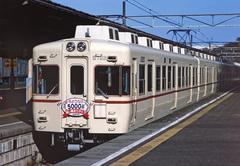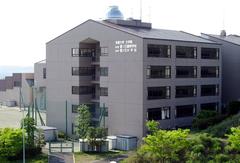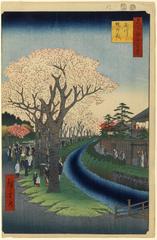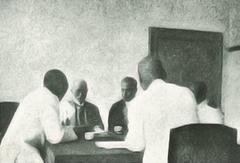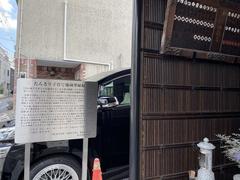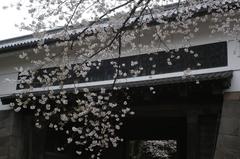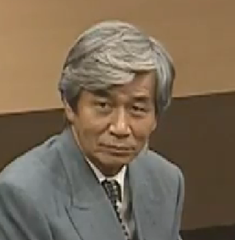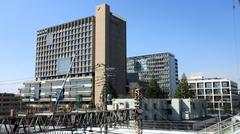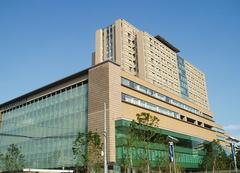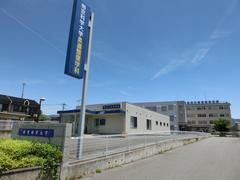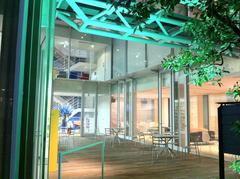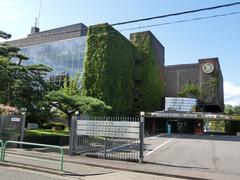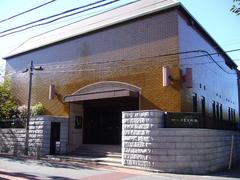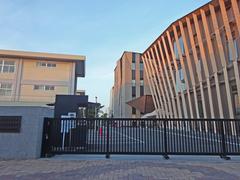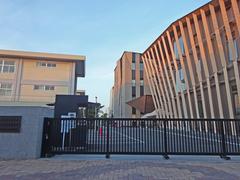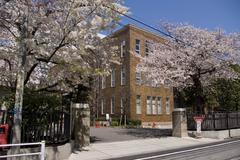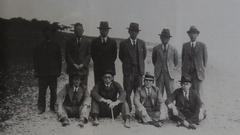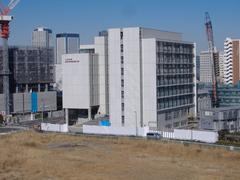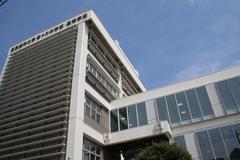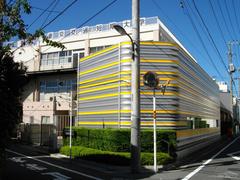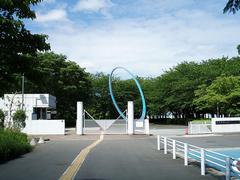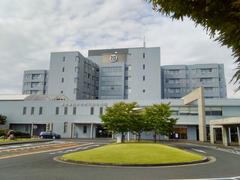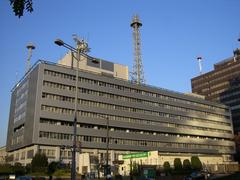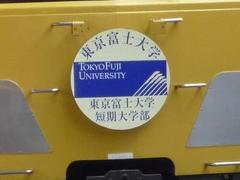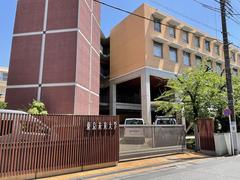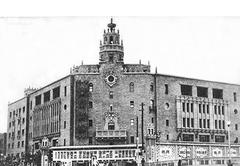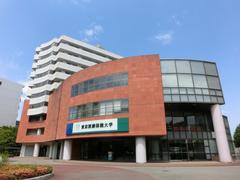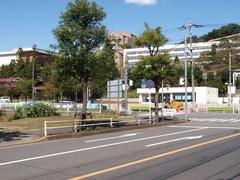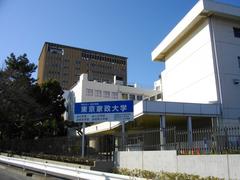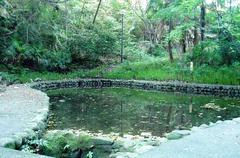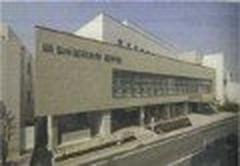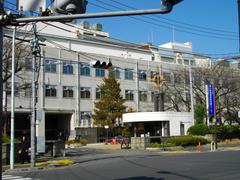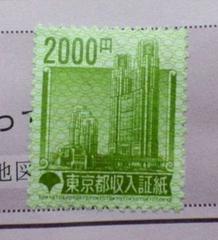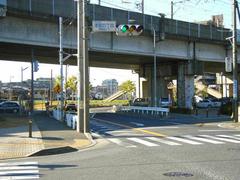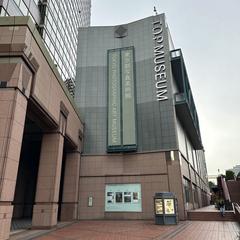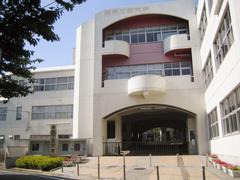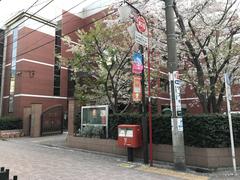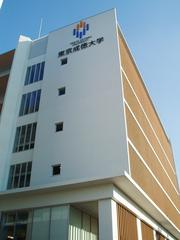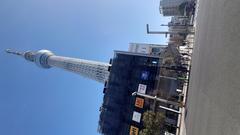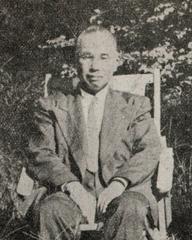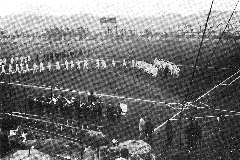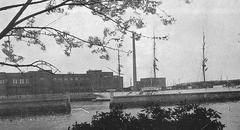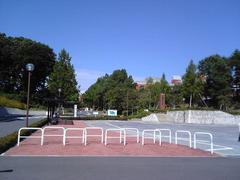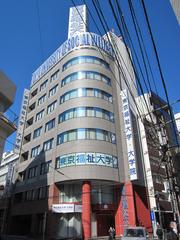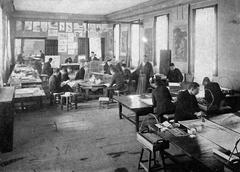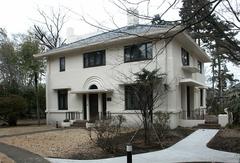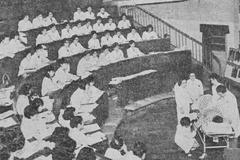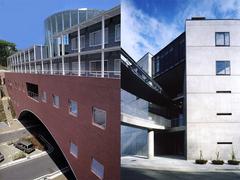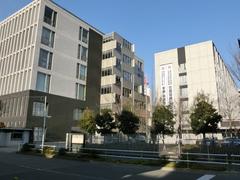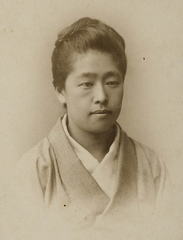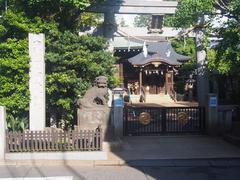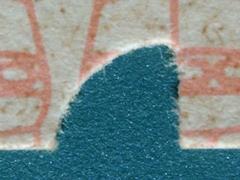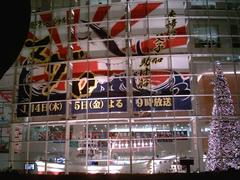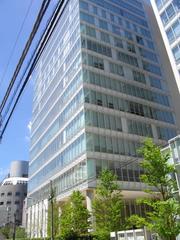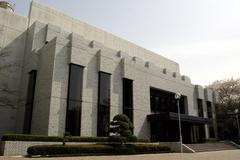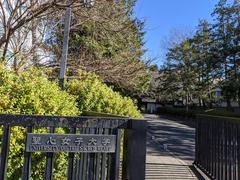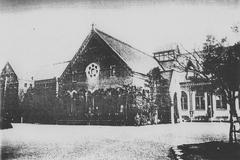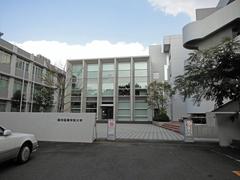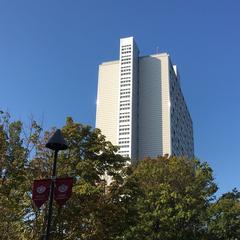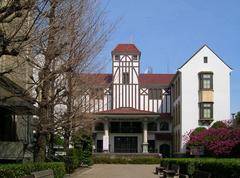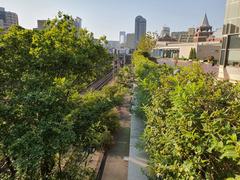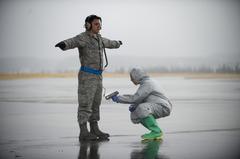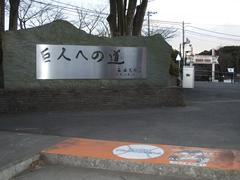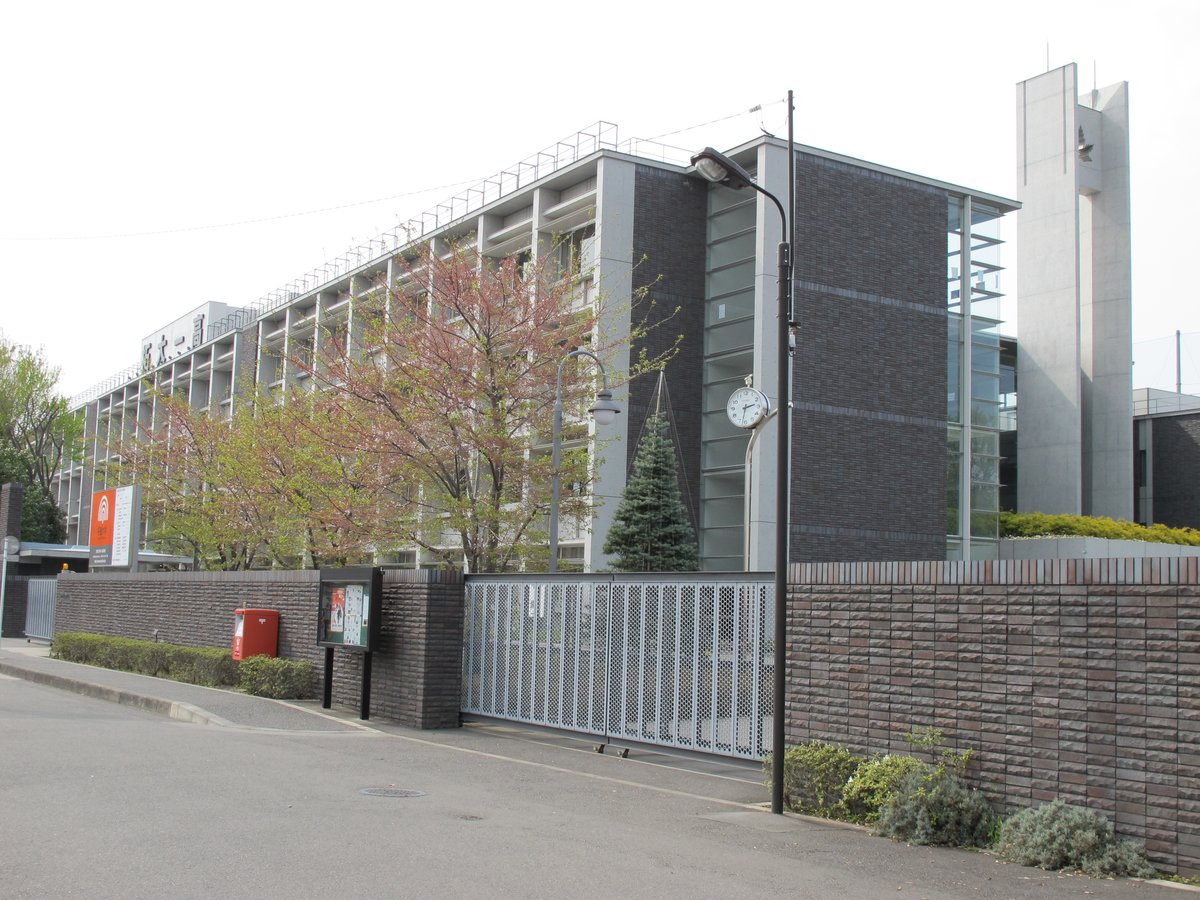
Takushoku University Visiting Hours, Tickets, and Tokyo Historical Sites Guide
Date: 14/06/2025
Introduction
Takushoku University, located in Tokyo’s historic Bunkyō ward, is more than just a center of academic excellence—it is a living testament to over a century of Japanese educational, cultural, and martial arts heritage. Founded in 1900, the university has evolved from its origins as a training ground for colonial administrators to a modern institution recognized for its international focus, vibrant campus life, and significant contributions to Japanese society.
This guide provides everything you need to know about visiting Takushoku University: from practical information on visiting hours and tickets to the university’s history, campus highlights, accessibility, and nearby Tokyo historical sites. Whether you’re a history enthusiast, martial arts fan, or a traveler seeking unique cultural experiences in Tokyo, this comprehensive resource will help you plan a rewarding visit.
For the latest updates and official information, please refer to the Takushoku University Official Website, Study Abroad Aide, Budocool, and EduRank.
Contents
- Historical Overview
- Academic Reputation and Programs
- Cultural Significance and Budo Heritage
- Internationalization and Global Engagement
- Campus Life and Visitor Experience
- Visiting Takushoku University: Practical Information
- Takushoku University Monument Guide
- Nearby Tokyo Historical Sites
- Visitor FAQs
- Conclusion and Further Resources
Historical Overview
Founding and Early Years (1900–1918)
Takushoku University was founded in 1900 as the Taiwan Association School, designed to train professionals for Japan’s overseas territories during the nation’s period of rapid modernization and imperial expansion. In 1907, the institution became the Oriental Association Vocational School, expanding its mission to prepare students for broader administrative and technical roles across East Asia. By 1918, it adopted its present name, symbolizing a commitment to “development and cultivation” in both domestic and international contexts (Study Abroad Aide).
Interwar Period and Pre-War Expansion (1918–1945)
During the interwar years, Takushoku University became a prestigious institution, second only to Japan’s Imperial Universities in training colonial administrators and technical experts. The university established a prominent martial arts tradition, particularly in karate, influencing the foundation of the Japan Karate Association (Budocool).
Postwar Dissolution and Rebirth (1945–1952)
Following World War II, Takushoku University was briefly dissolved due to its association with the wartime government and renamed Kōryō University. In 1952, it regained its original name and shifted towards a peaceful, international focus.
Modernization and Internationalization (1952–Present)
Today, Takushoku University is a dynamic, globally oriented institution. It offers a wide range of academic programs, fosters international partnerships, and supports a diverse student body, including many international students. Its commitment to global education is reflected in its alignment with the United Nations Sustainable Development Goals and its active participation in academic alliances (Study Abroad Aide).
Academic Reputation and Programs
Takushoku University is known for its strong programs in international relations, language education, engineering, commerce, and political science. It attracts students interested in diplomacy, business, and cross-cultural communication, maintaining partnerships with universities worldwide for research and exchange.
According to EduRank, Takushoku University ranks 567th globally, 109th in Asia, and 44th in Japan (2025), based on alumni prominence and research output. While not among Japan’s top research universities, its specialized focus and international orientation distinguish it within the Japanese higher education system.
Cultural Significance and Budo Heritage
Takushoku University holds a special place in Japan’s martial arts (budo) tradition—particularly karate. Its renowned karate club, founded in the 1930s, has produced legendary practitioners such as Masatoshi Nakayama, who was instrumental in popularizing Shotokan karate worldwide (Budocool; EduRank).
The university’s dojo is a pilgrimage site for martial artists, known for its rigorous training and historical significance. Alumni have excelled in martial arts, politics, the arts, and advocacy, including:
- Masahiko Kimura: Judoka and professional wrestler
- Genki Sudo: Mixed martial artist, musician, and politician
- Mirai Moriyama: Actor and dancer
- Yasuhiko Funago: Politician and advocate for people with disabilities
Internationalization and Global Engagement
Takushoku University is committed to fostering global citizens. It offers a range of international programs, emphasizes foreign language acquisition, and supports cross-cultural competencies. The university hosts a significant number of international students and provides language support and cultural integration programs (Study Abroad Aide).
Campus Life and Visitor Experience
Campuses
- Bunkyō (Main/Historical) Campus: Centrally located, offering easy access to Tokyo’s cultural attractions.
- Hachiōji (Modern/Satellite) Campus: Suburban setting, well-suited for focused study and martial arts training.
Extracurricular Activities
Takushoku University boasts a vibrant campus life with clubs for martial arts, music, literature, volunteer work, and international exchange.
Visiting Takushoku University: Practical Information
Visiting Hours and Admission
- Bunkyō Campus: Open to visitors from 9:00 AM to 5:00 PM, Monday through Saturday. Closed on Sundays and national holidays.
- Admission: No fee for general campus visits. Certain facilities like dojos may require prior permission.
Guided Tours and Events
Guided tours are available by appointment and during special open campus days. The annual Takushoku University Festival (Takudai-sai), held every November, is open to the public and features student performances, food stalls, and cultural exhibitions (Takushoku University Events).
Accessibility
Both Bunkyō and Hachiōji campuses are accessible by public transportation and are equipped with facilities for visitors with disabilities. Restrooms, ramps, and elevators are available in most buildings (Takushoku University Accessibility).
Transportation
- Bunkyō Campus: 3-minute walk from Myogadani Station (Tokyo Metro Marunouchi Line). Also accessible via Ochanomizu and Suidobashi JR stations.
- Hachiōji Campus: 20-minute walk or 5-minute bus from Takao Station (JR Chuo and Keio Lines).
On-Campus Facilities
- Dining: Cafeterias and cafes serve affordable meals. Vending machines and convenience stores are nearby (Lawson Store Locator).
- Wi-Fi: Available in public areas; guest credentials may be required. Consider renting a pocket Wi-Fi (Japan Wireless).
- Restrooms: Clean and accessible throughout campus.
Takushoku University Monument Guide
Overview
The Takushoku University Monument, located near the Bunkyō campus, symbolizes the university’s commitment to education, peace, and international engagement.
Visiting Hours and Admission
- Hours: Open daily, 9:00 AM–5:00 PM (last admission 4:30 PM).
- Admission: Free.
- Events: Guided tours and cultural events are periodically hosted during open campus days (Takushoku University Monument Guide).
Accessibility
The monument is wheelchair accessible, with ramps and elevators. Facilities at the nearby Bunkyō campus support visitors with mobility needs.
Directions
- By Train: Myogadani Station (Tokyo Metro Marunouchi Line) and Gokokuji Station (Tokyo Metro Yurakucho Line) are within a short walking distance.
- By Bus: Direct connections from Ikebukuro and other parts of Tokyo.
Nearby Tokyo Historical Sites
Combine your campus visit with trips to:
- Koishikawa Botanical Garden: 15 minutes on foot (Koishikawa Botanical Garden)
- Rikugien Garden: Edo-period landscape garden, accessible via Komagome Station (Rikugien Garden)
- Gokokuji Temple: Renowned Buddhist temple with beautiful gardens
- Tokyo Dome City: Shopping, dining, and entertainment just two subway stops away (Tokyo Dome City)
- Ikebukuro District: Vibrant commercial and entertainment area
Visitor FAQs
Q: What are the visiting hours for Takushoku University?
A: 9:00 AM–5:00 PM, Monday–Saturday (closed Sundays/holidays). Monument site open daily, 9:00 AM–5:00 PM.
Q: Is there an admission fee?
A: No, general campus and monument admission are free. Some events may require registration.
Q: How do I access the campus?
A: Bunkyō campus is near Myogadani Station; Hachiōji campus is near Takao Station.
Q: Are guided tours available?
A: Yes, by appointment or during special events/open campus days.
Q: Is the campus accessible for people with disabilities?
A: Yes, most facilities and the monument are wheelchair friendly.
Q: Are there English-speaking staff and materials?
A: Yes, especially at the International Exchange Office.
Q: Can I attend university events?
A: Many events, such as the Takudai-sai festival, are open to the public; some require advance registration.
Conclusion and Further Resources
Takushoku University is a unique destination in Tokyo, offering deep insights into Japan’s educational heritage, martial arts traditions, and international engagement. Its accessible campuses, historical monuments, and proximity to other cultural landmarks make it an ideal stop for visitors eager to experience both Japan’s past and present.
For up-to-date information on visiting hours, events, and more:
- Takushoku University Official Website
- Study Abroad Aide: Takushoku University
- Budocool: Must-Visit Dojos in Japan
- EduRank: Takushoku University
- Takushoku University Monument Guide
Plan your visit, respect campus etiquette, and immerse yourself in the vibrant history and culture Takushoku University has to offer. For real-time updates, event notifications, and travel tips, download the Audiala app and follow us on social media.
